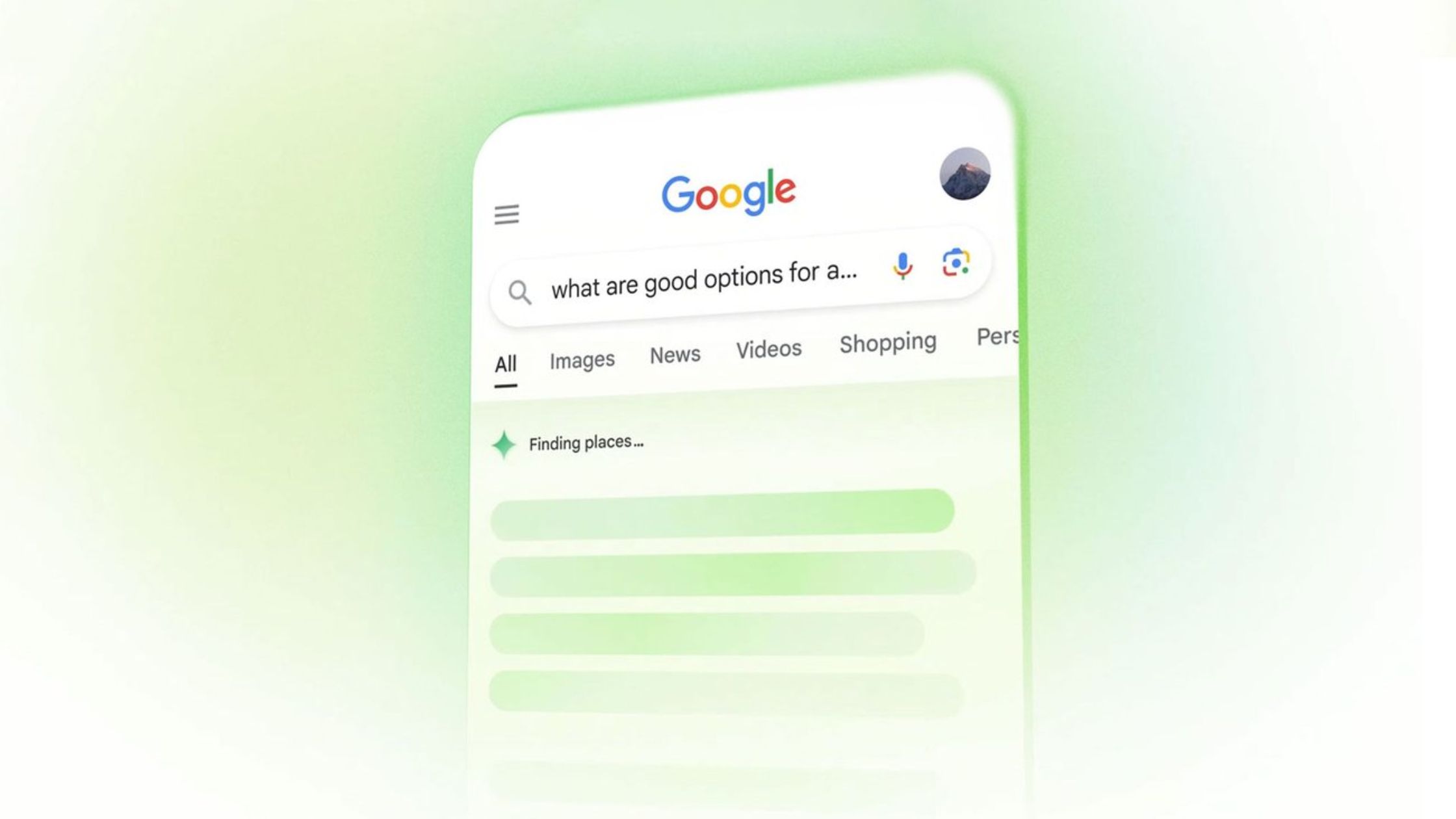Google’s AI-powered search summaries — already under fire in the U.S. — are now facing formal antitrust scrutiny in Europe.
A coalition of independent publishers has filed a complaint with the European Commission, accusing Google of abusing its dominance in online search by placing its own AI-generated summaries above links to original content — and in the process, choking off traffic, revenue, and visibility for news outlets.
Filed on June 30 by the Independent Publishers Alliance, the complaint urges the Commission to impose urgent interim measures, warning that Google’s AI Overviews are causing “irreparable harm” to publishers across the EU.
“Google’s core search engine is misusing web content for its AI Overviews, which continue to cause significant harm in the form of traffic, readership, and revenue loss,” the complaint alleges.
Publishers Say AI Overviews Are Killing News Site Traffic
At the center of the dispute is Google’s AI Overviews — generative summaries that appear at the top of search results in over 100 countries. Launched globally in 2024 and expanded aggressively in 2025, the feature is powered by Google’s large language models and designed to answer queries directly, often without sending users to the original sources.
But the downside is becoming clearer: data from SimilarWeb reveals that 37 of the top 50 U.S. news sites have experienced year-over-year traffic declines since AI Overviews launched. Meanwhile, zero-click searches related to news rose to 69% in May 2025, up from 56% the year before.
No Way to Opt Out Without Losing Visibility
One of the key grievances in the EU complaint is Google’s lack of an opt-out mechanism for publishers. Right now, publishers can’t prevent their content from being scraped for AI Overviews without risking exclusion from Google’s core search index — essentially forcing them into a lose-lose choice.
“Publishers using Google Search do not have the option to opt out… without losing their ability to appear in general search results,” the complaint states.
The complaint is also backed by Foxglove Legal, a UK-based nonprofit, and the Movement for an Open Web, whose co-founder Tim Cowen didn’t mince words:
“AI Overviews are theft. They steal content and then steal traffic before it even reaches the publisher’s site.”
What the Complainants Want
The group is asking for:
- An immediate suspension of AI Overviews in the EU
- A transparent opt-out system for publishers
- A long-term regulatory framework that rewards original content used by AI systems
Foxglove’s co-director Rosa Curling added, “Independent news is facing an existential threat. Google’s AI Overviews could crush the very industry it’s built on.”
Google Defends AI Summaries as a New Discovery Tool
In response, Google has rejected the accusation that AI Overviews harm publishers.
A spokesperson told Reuters, “Our new AI experiences help users ask deeper questions and open new opportunities for content and businesses to be discovered.”
Google also claimed that it still sends billions of clicks to websites daily, and added that traffic patterns fluctuate for many reasons — including algorithm updates, seasonality, and user behavior shifts.
Not the First Time Google’s in the Hot Seat
This isn’t Google’s first antitrust battle — and it won’t be the last.
- In Europe, Google is currently appealing a $4.7 billion fine for Android-related abuses.
- It’s also under investigation for its digital ad dominance and alleged self-preferencing in Search.
- In the U.S., a judge ruled last year that Google violated antitrust law by locking in its dominance through exclusive deals, including its massive agreement with Apple.
A separate ruling this past April found Google illegally monopolized the ad exchange market, controlling both the buy and sell sides.
The Bigger Picture
This new complaint strikes at the heart of the growing tension between AI and the open web. As Google leans harder into AI to future-proof its search business, publishers argue they’re being left behind — or worse, replaced.
Whether the EU steps in with enforcement could determine not just the future of AI summaries, but the economic survival of independent journalism in the AI era.


